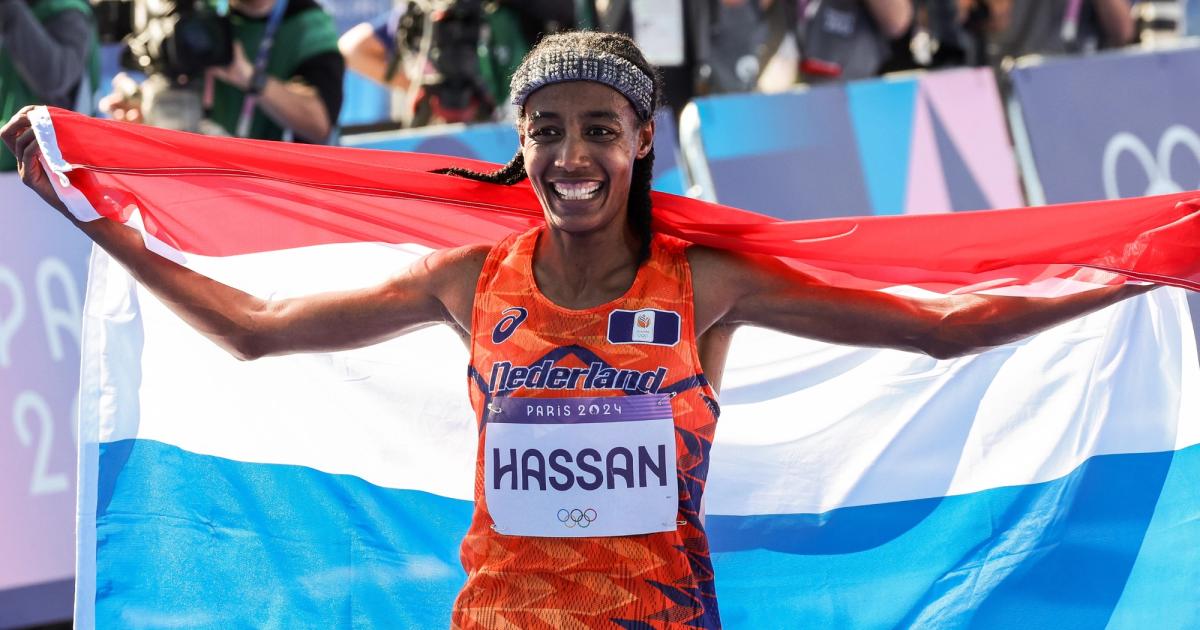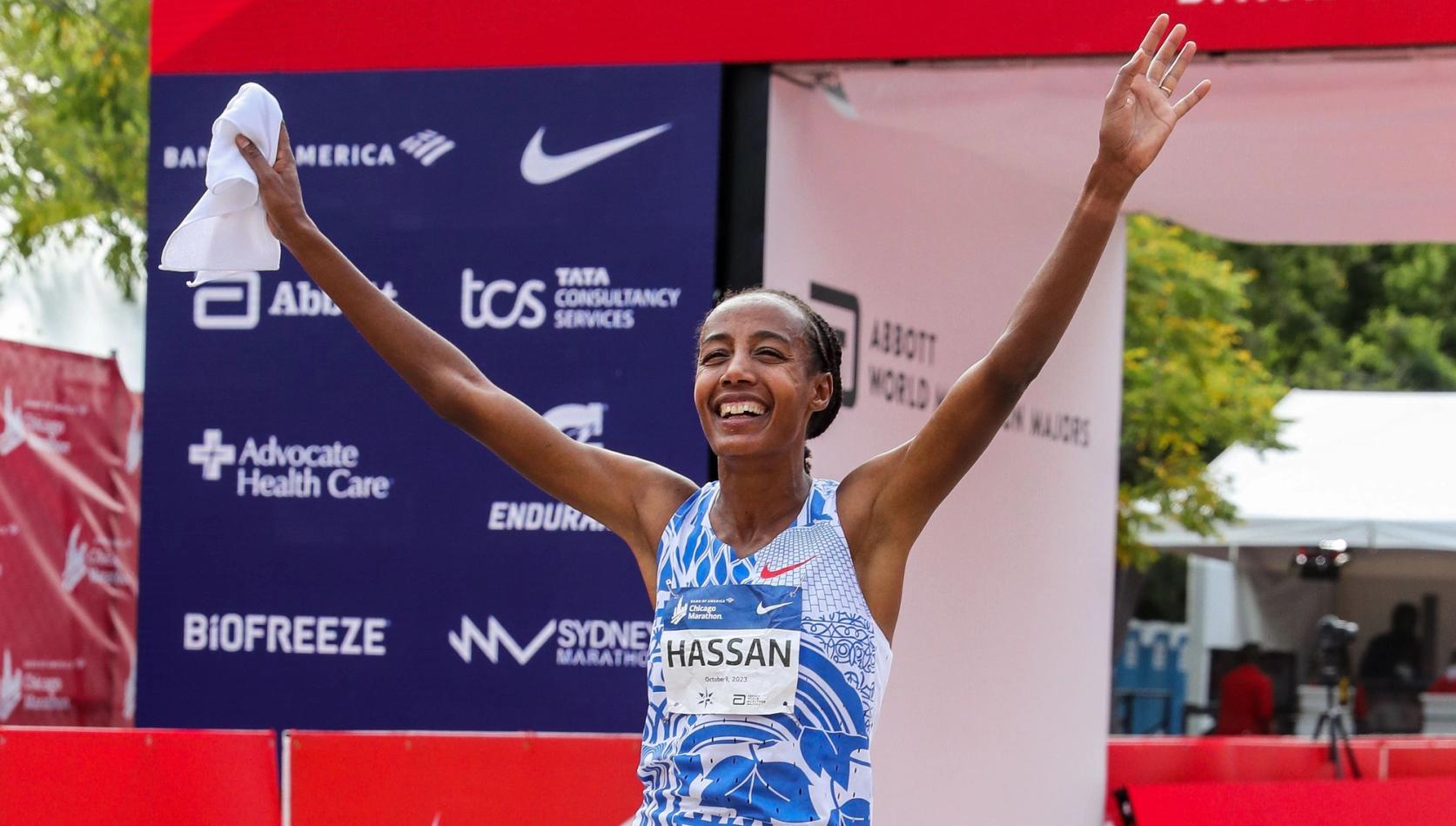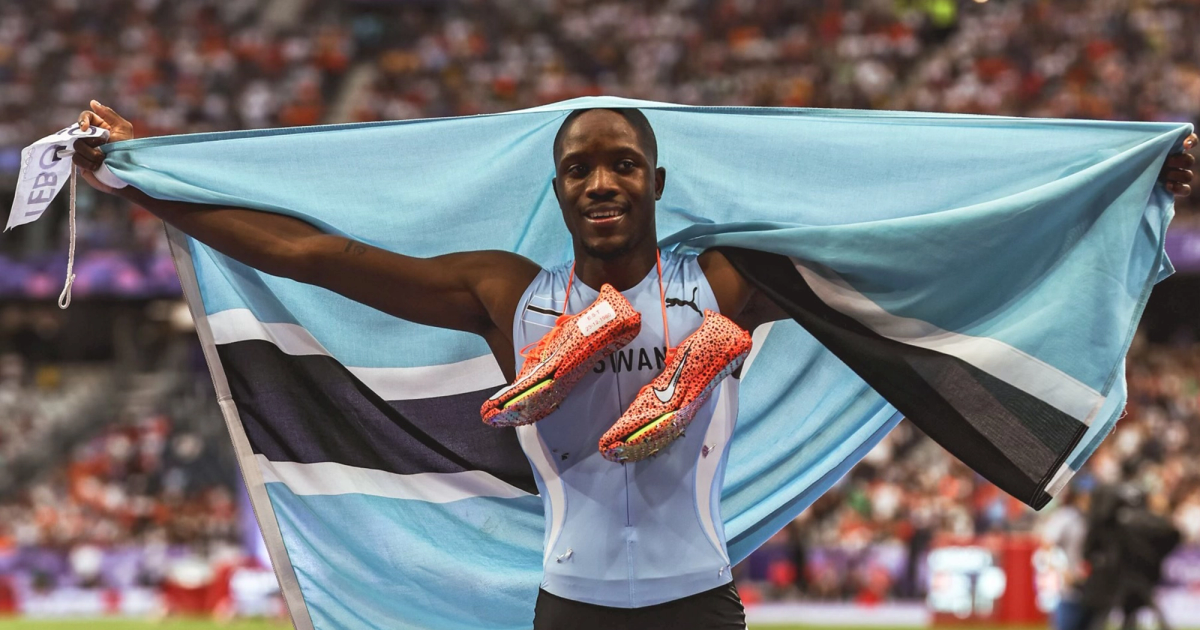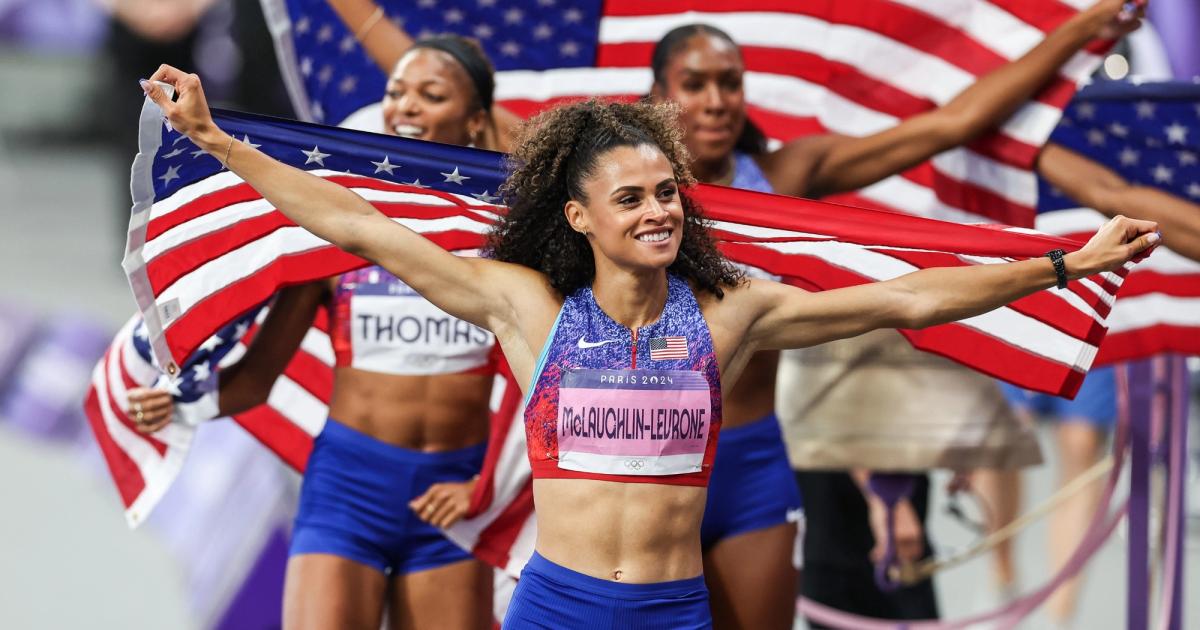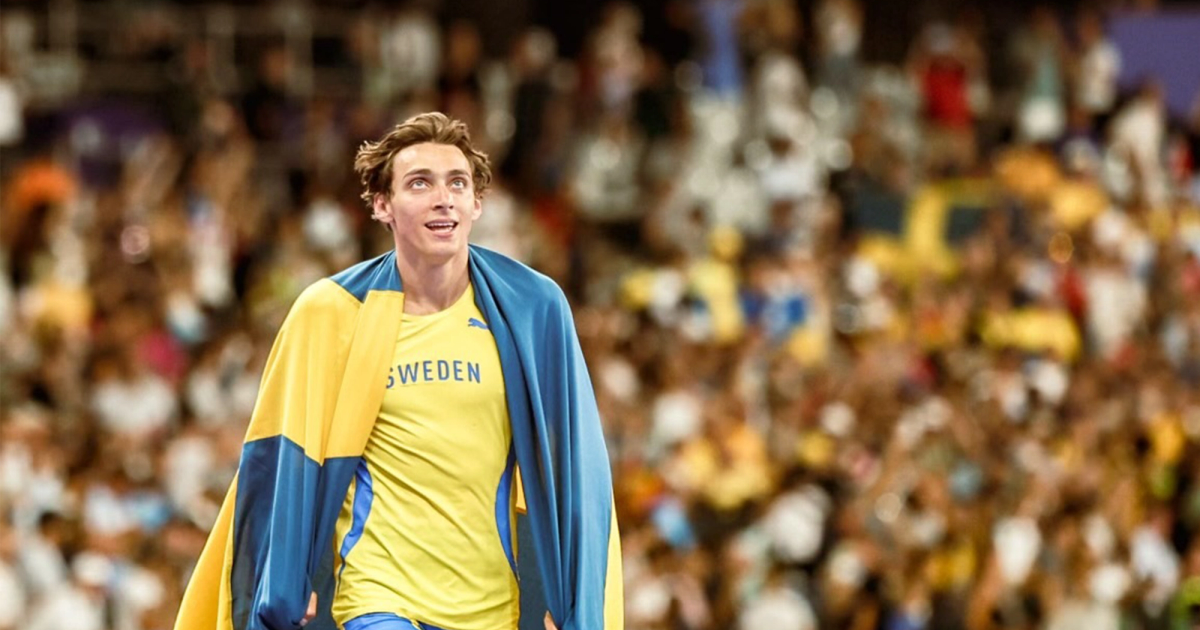By David Melly
December 4, 2024
With the Oscars still four months away, you might have thought awards season was a ways off – but you’d be wrong. As if an endless cavalcade of medals, prize money, bonus checks, and popular adoration wasn’t enough, World Athletics also hands out a bunch of end-of-season awards to its favorite athletes at a lavish ceremony in Monaco (where was our invite?) every December.
This year, WA also added democracy into the mix by crowning its “World Athletes of the Year” via popular vote – the big winners of which being Sifan Hassan and Letsile Tebogo.
Your first reaction very well might be – big whoop! A bunch of well-paid World and Olympic champions added one more accolade to the pile. But the World Athletics Awards and who wins them do say something interesting about the state of the sport and the direction it’s headed. Inherent in the process is a weighted comparison of different achievements (Olympic medal or world record? Championship skill or ability to run fast?). And the crop of awardees are, by definition, going to be held up as the face of the sport in the year(s) to come.
The awards process is opaque, to say the least. WA refers to its selection team as an “international panel of athletics experts, comprising representatives from all six continental areas.” Nominees are named in six categories – men’s and women’s track, field, and “out-of-stadium” – and then narrowed down to two finalists apiece, but the actual selection criteria and voting process is unclear. The inherent subjectivity, while frustrating when your fave doesn’t make the cut, is fascinating because it allows the results to reflect what World Athletics The Governing Body, our all-powerful rules-setting championship-administering overlords, values and wants to promote about the sport.
One of the clearest takeaways is that World Athletics is really leaning into track and field being a global sport. For all the bickering in various corners of the Internet about the America-centric bent to track and field coverage (particularly in the sprints), the nation that won more than triple the Olympic medals of any other in 2024 only ended up with one awardee, Track Athlete of the Year Sydney McLaughlin-Levrone. In fact, Team USA only had one finalist out of twelve after eight initial nominations.
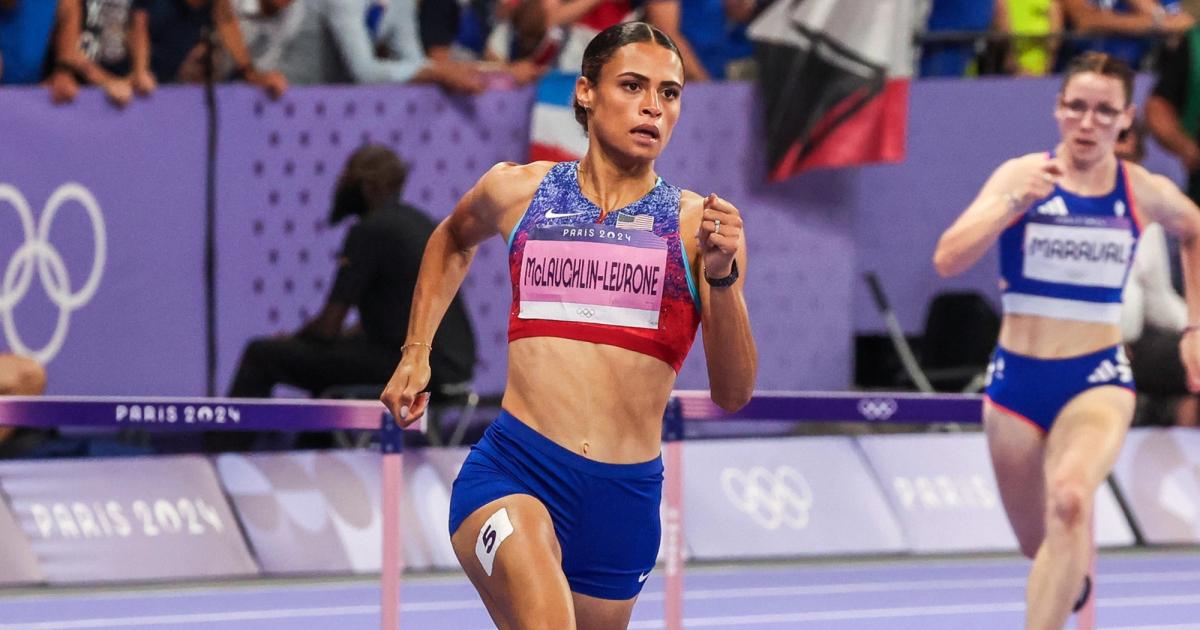
Kevin Morris / @kevmofoto
The six main awardees were a pretty young crowd – Sydney is the veteran of the in-stadium crew at an ancient 25 years old, and even the marathoners are young for road runners (Hassan is 31 and Tamirat Tola is 33). Track and field remains a young person’s game, to be sure, but what this really means is that we could be seeing a lot more of these six faces over the decade to come. This is already Mondo Duplantis’s fourth year in a row being recognized as an Athlete of the Year – and he’s not going anywhere any time soon.
World Athletics also doesn’t seem to care as much about competing during the regular season as you’d think. Duplantis, Mahuchikh, and Tebogo were regulars on the Diamond League circuit, but McLaughlin-Levrone beat out the likes of Julien Alfred, Marileidy Paulino, and Faith Kipyegon to claim top track honors. In an era where we’re constantly hand-wringing about the sport’s historical over-emphasis on the Olympics and record-setting, WA had no qualms with handing out one of its precious trophies to the athlete who epitomizes “show up to Paris and set a world record and nothing else matters.”
The “out-of-stadium” honorees seemed to underscore that point, as the Olympic marathon champions won both awards in a year where many cases could be made for the world’s best marathoner. Sure, Hassan gets some bonus points for her audacious triple in Paris, but two of her three events were in-stadium and (presumably) not factored in, compared with someone like record-setter Ruth Chepngetich or world major podium mainstay Hellen Obiri.
We can also deduce a few other things World Athletics doesn’t seem to value highly – or know how to recognize properly. Beatrice Chebet set a world record, won World XC for the second year in a row, and was the only athlete to pick up two individual golds in Paris. But clearly the powers that be don’t really consider a 5000m/10,000m double to be as impressive as 100m/200m or any other combination. For all intents and purposes, it feels like the distance double is perceived as an easier accomplishment – despite necessitating 37.5 laps of racing.
World records clearly were considered big bonus points by the nameless selection committee, as high jumper Mahuchikh beat out three-time Olympic heptathlon champion Nafissatou Thiam. If there’s ever an event where you should get a pass for competing infrequently, it’s the multis, and if there’s ever an event where the ability to perform on a high level over multiple years should be considered, it’s the multis. So what do we have to do to get World Athletics to put some respect on Nafi Thiam’s name?!
None of these revelations should be particularly groundbreaking for longtime fans of the sport. We’re shocked – shocked! – to discover that WA cares too much about the Olympics and not enough about distance and multi events. But if you’re looking for somewhere to place a thumb on a scale to right some of the sport’s many imbalances, the awards process is an easier target than changing meet results or social media counts. The powers-that-be don’t have total control over what track and field fans, old and new, will care about any given season, but World Athletics has far greater ability than most to direct the public consciousness toward a particular kind of achievement or a specific brand of athlete.
So while it may feel silly to scrutinize a largely meaningless accolade, it’s worth taking a moment to think about what our governing body is trying to tell us about what matters most in track and field – and to think about whether those values truly reflect the best version of the sport it can be.

David Melly
David began contributing to CITIUS in 2018, and quickly cemented himself as an integral part of the team thanks to his quick wit, hot takes, undying love for the sport and willingness to get yelled at online.
